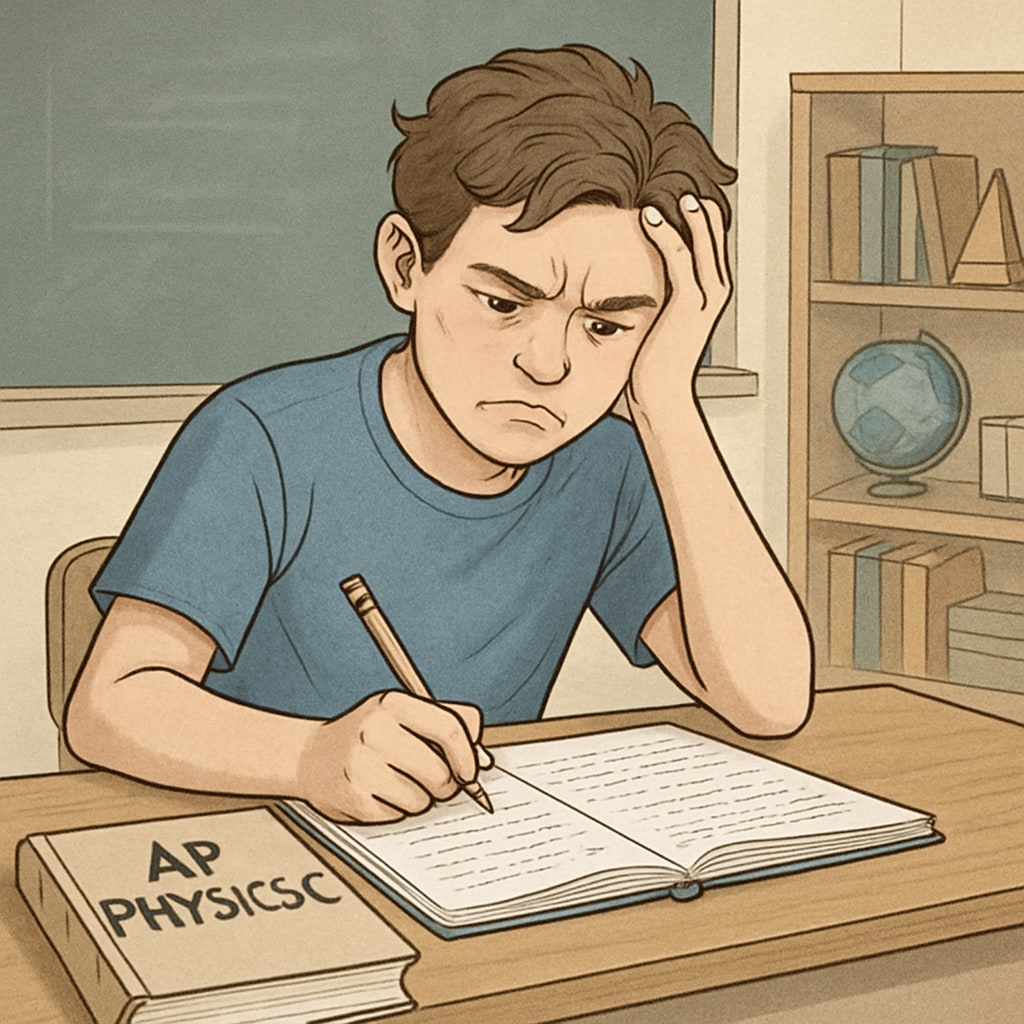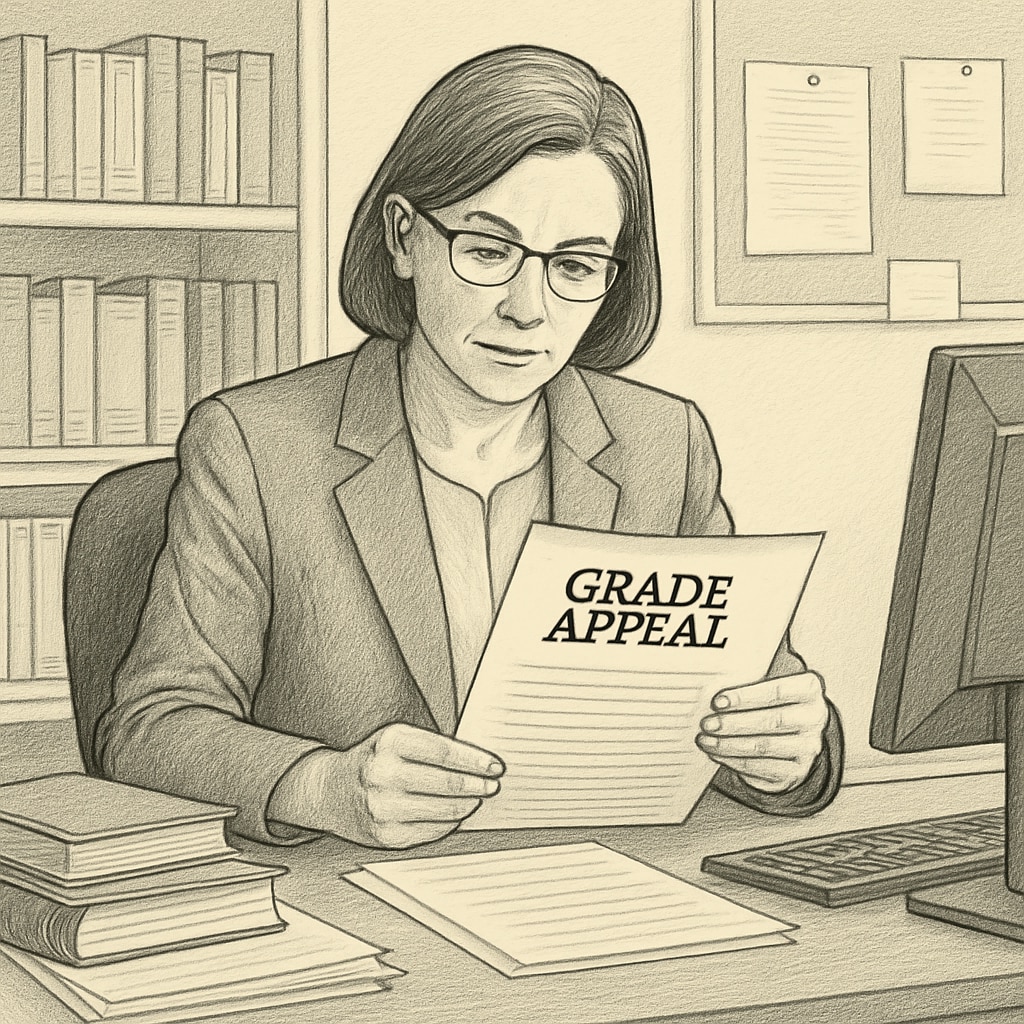For many high school students, AP Physics C represents one of the most challenging and rewarding courses in the Advanced Placement program. However, when a student encounters teacher errors and unjust grading practices, it can lead to a difficult journey of grade appeals. This article delves into the story of a determined student who faced unfair grading in AP Physics C, navigating a flawed system to fight for justice. Ultimately, this case sheds light on larger issues of accountability and the delicate balance between protecting teacher authority and safeguarding student rights.
Unveiling the Incident: Teacher Errors in AP Physics C
It all began when a high school senior, eager to excel in AP Physics C, noticed discrepancies in their grades. Multiple assignments had been graded inaccurately, with clear calculation errors on the teacher’s part. Additionally, the teacher seemed unfamiliar with certain College Board standards, leading to confusion and inconsistency in grading rubrics.
The student attempted to address these concerns directly with the teacher. However, their efforts were met with resistance, as the teacher insisted that the grades were final and refused to acknowledge any mistakes. This lack of accountability left the student no choice but to escalate the matter to school administrators.

The Grade Appeal Process: A System Fraught with Challenges
Appealing a grade in K12 education is often a complex and disheartening process. The student filed a formal appeal with the school, outlining clear examples of grading errors and inconsistencies. Despite presenting strong evidence, the initial appeal was rejected, with administrators citing the importance of respecting teacher autonomy.
Determined to seek justice, the student pursued additional appeals, including contacting district officials and the College Board. Unfortunately, each attempt was met with bureaucratic obstacles, vague responses, or outright denials. The process highlighted significant flaws in the grade appeal system, including a lack of transparency, limited student advocacy resources, and an overemphasis on preserving teacher authority at the expense of fairness.

Exploring Systemic Issues in Education Accountability
This case raises important questions about accountability within K12 education systems. On one hand, teachers must be empowered to make independent decisions without fear of constant scrutiny. On the other hand, students deserve recourse when faced with clear errors or injustices. Striking this balance is crucial for creating an equitable and effective learning environment.
Research suggests that many schools lack standardized procedures for addressing grade disputes. For example, a study on education accountability reveals that schools often prioritize teacher autonomy over student rights. This imbalance can discourage students from speaking out, even when their concerns are valid.
To improve the system, schools and districts must establish clear, transparent guidelines for grade appeals. These guidelines should include defined timelines, impartial review panels, and mechanisms for escalating unresolved disputes. Additionally, training programs for teachers and administrators can help minimize grading errors and ensure consistency in applying standards.
Lessons Learned: Empowering Students and Reforming Systems
The student’s journey through the AP Physics C grade appeal process underscores the importance of resilience and advocacy. While their attempts to overturn the unjust grade ultimately failed, their efforts sparked important conversations within their school community about teacher accountability and fair grading practices.
As a result, the school implemented minor reforms, such as introducing clearer grading rubrics and providing teachers with additional training on AP standards. While these changes are a step in the right direction, broader systemic reforms are needed to prevent similar cases from occurring in the future.
Students experiencing unfair grading should remember the following tips:
- Document all evidence of errors or inconsistencies.
- Communicate concerns respectfully but assertively.
- Seek support from trusted teachers, counselors, or peers.
- Understand school and district policies regarding grade appeals.
- Stay persistent, even if initial attempts are unsuccessful.
Ultimately, the balance between teacher authority and student rights requires ongoing dialogue and collaboration among educators, administrators, and students. By addressing flaws in the system, we can pave the way for a more equitable educational landscape.
Readability guidance: Use short paragraphs, lists, and transition words for better flow. Ensure a mix of active and passive voice while maintaining clarity. Distribute keywords evenly throughout the article.


